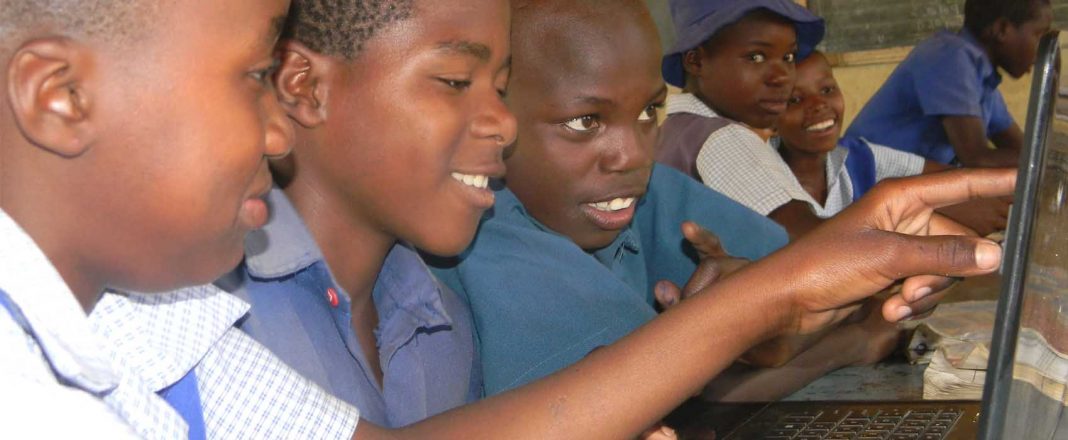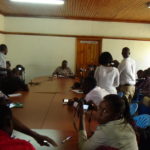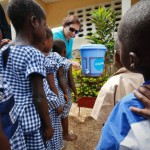The Minister for Science, Technology and Innovation, Tumwesingye Elioda has said that Africa must develop new education models that feature well-resourced virtual teaching and learning schemes to insulate it against disruptions due to disasters such as the COVID-19 pandemic.
He said during a webinar hosted by the Association for the Development of Education in Africa (ADEA) said.
Tumwesigye Elioda who also chairs the ADEA Steering Committee, said the pandemic has proven that digital education in Africa is a precondition for Africa’s socio-economic transformation and the survival of its people.
“We must begin working toward a new policy and strategies that will sustain an inclusive and equitable Education for both young people and adults to enable us embrace the new normal in the wake of COVID-19,” said Elioda, who is also the chairperson of the Africa Union’s Special Technical Committee on Science, Technology and Innovation.
The panelists, including Ministers of Education and senior officials of the Bank, called for a new approach to the professional development of teachers to enable them to embrace the new digital delivery model.
ADEA organized the webinar jointly with the African Development Bank Group to share its Country Status Report on the impact of the pandemic on education in Africa. Titled, “Impact of COVID-19 on Africa’s Education: Reflecting on Promising Interventions and Challenges, towards a New Normal,” the Report covered two rapid assessments undertaken by the Association between March and June 2020 in 12 countries.
The webinar attracted around 200 participants, comprising six African Ministers of Education, senior government representatives, development partners and education stakeholders representing the private sector, civil society and youth. The forum also discussed the challenges and best practices of remote learning following the COVID-19 crisis and how countries can safely reopen their learning institutions.
Other key speakers were Ginette Amara Ali Mazicki, Minister of Scientific Research and Technology Innovation of the Central African Republic; Matthew Opoku Prempeh, Ghana’s Minister for Education Leela Devi Dookun-Luchoomun, Minister of Education and Human Resources, Tertiary Education and Scientific Research in Mauritius, Valentine Uwamariya, Minister of Education for Rwanda and Claudiana Ayo Cole, Minister of Basic and Secondary Education in The Gambia.
“Today, more than ever before, we need to adapt as quickly as possible to disasters and emergencies and look for alternatives to advance education and training in Africa,” said ADEA Executive Secretary Albert Nsengiyumva.
Shem Bodo, ADEA Senior Programs Officer, presented the Country Status Report, showing that most countries were coping with the COVID-19 pandemic by adopting mixed channels for remote learning, using print and electronic platforms across all levels.
The report underscored the need for multipronged strategies for learners with special needs such as sign language to interpret television lessons, teleconsulting with physiotherapists and one-to-one virtual classes. It also proposed alternative financing models while embracing greater peer learning and knowledge exchange amongst countries.
Hendrina Doroba, Manager for Education, Human Capital and Employment at the African Development Bank, also shared findings of a related report which examined the impact of COVID-19 pandemic in African on Technical Vocational Education and Training (TVET) Institutions. Among other recommendations, it called for the alignment of TVET content to market needs, taking into account new technology transfer and use.
The webinar called for additional budget support for remote learning, particularly in ICT infrastructure and the deepening of strategic partnerships with development partners, civil society and the private sector.
During the meeting, ADEA presented its new Benchmarking Tool for strengthening countries’ readiness to deploy remote education in future based on lessons from the COVID-19 crisis as well previous emergency situations.








